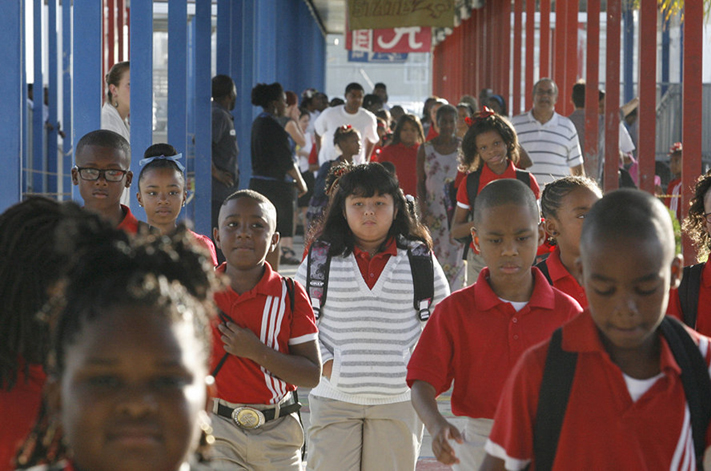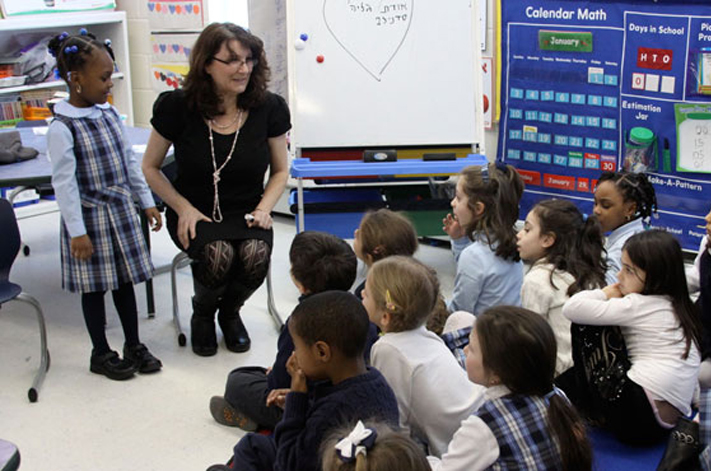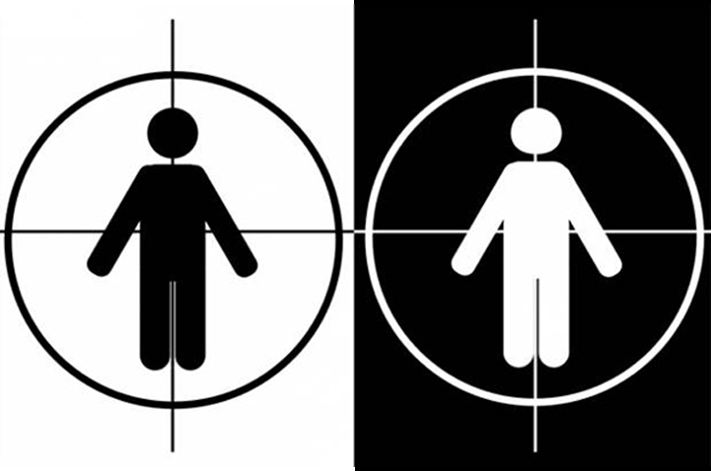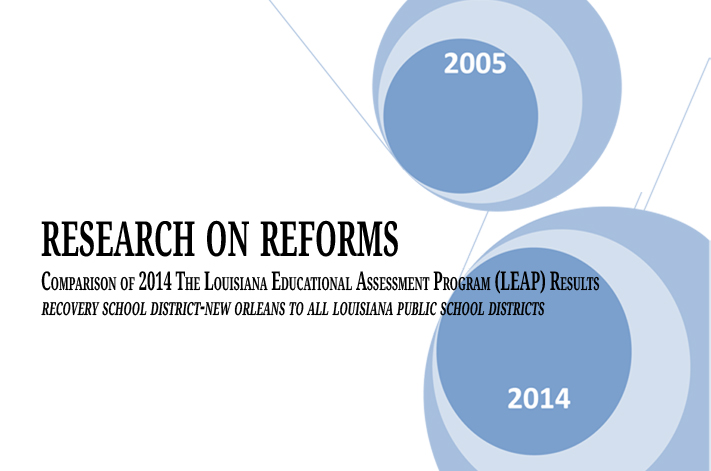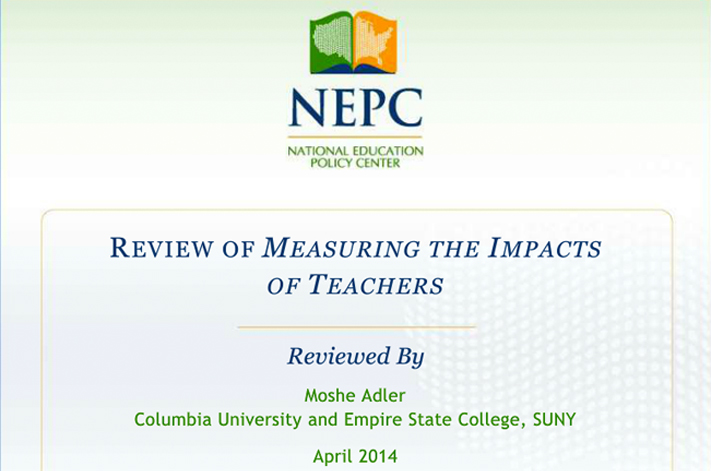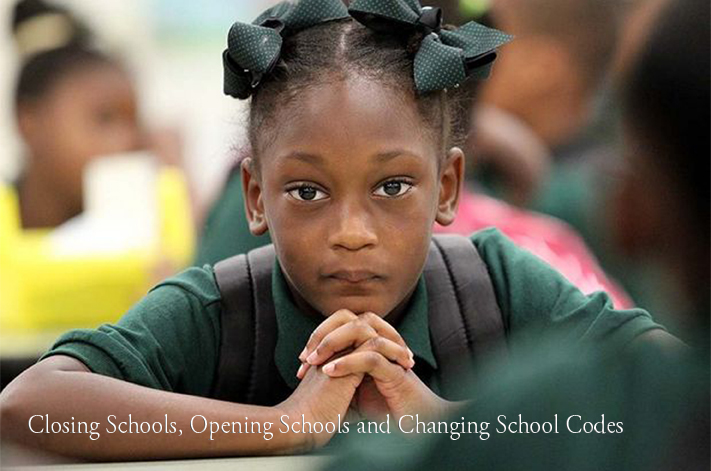Project Description
'If I knew then what I know now… I would have taken higher-level more challenging classes. Writing. Math. Science. English…'
In November of 2014, Achieve a Hart Research independent, nonpartisan, nonprofit education reform organization, asked 1,347 High School graduates, “Do you feel prepared for college and work?” Did you “Rise to the Challenge and get a good education?” Public high school graduates responded, there was much that they missed. Gaps were apparent, as was shared blame, . Nearly half the alumnae felt they were unprepared for life after graduation. As is often true, guilt was a common refrain. Most responded that they would have worked harder if they had realized what was needed and why. “Expectations” or the lack of these is mostly what can be gleaned. College and the workplace are demanding. High School, graduates’ report, was not. About 60 percent of those who went on to college, 58 percent of those who did not said, “If I knew then what I know now…” I would have taken higher-level more challenging classes. Writing. Math. Science. English.
One New Orleans 2 year College student said, “
Another, also a New Orleans 2 year College student bemoaned, “I’m struggling. I made it harder on myself. May family told me ‘do what you have to do to take the next step.’ I didn’t do that. I rebelled and I was failing classes. I didn’t get the basic skills I should have had when I got to college and it was harder for me.”
A third chimed-in; “I would have put a little more effort into math class. I didn’t put forth the extra effort and as a result, I scored one point below what I needed for [the University of New Orleans.] So I had to go to Delgado instead and I couldn’t go into my major because I was set back and I had to take a math remedial class to do what I want to.”
The good news is Solutions Exist! The evidence tells us that if we give more, we get more. More and better classes. Higher expectations, or more accurately, a sincere belief in our students. More encouragement. Connecting High School class work to future successes. It sounds so easy and Achieve tells us it is. We need only to consider the data …
Most recent high school graduates say they experience a lack of preparedness in at least one subject.
- 49% of college students and 43% of non-students report large gaps in one or more subject areas.
- 83% of college students and 81% of non-students report at least some gaps in one or more subject areas.
- 60% of college students and 58% of non-students say they would have worked harder in high school if they knew what they know now about the expectations of college and the working world.
- 72% of college students and 65% of non-students indicate that they would have taken higher-level or more challenging courses in one or more subject area given what they know now about the expectations of college and the working world.
- 87% of all recent high school graduates surveyed say that they would have worked harder if their high schools had demanded more, set higher academic standards, and raised expectations of the course work and studying necessary to earn a diploma.
- Students who report that their high schools had high academic expectations were more likely to feel extremely or very well prepared for college and the working world.
- Only one quarter of graduates surveyed feel their high school set high expectations.
- Students who took math courses beyond Algebra II were more likely to feel extremely or very well prepared for college and the working world.
- College students who have lower math attainment take remedial courses at much higher rates; 83% of college students who took less than Algebra II were required to take remedial coursework, compared with just 18% of students who had taken coursework beyond Algebra II in high school.
- More than one quarter of graduates surveyed wish that their high school had done a better job of preparing them for success in key areas: study habits, communications, and math. More students feel unprepared in these areas in 2014 than did in 2004.
Unsurprisingly, according to the survey, lower-income graduates were the least likely to report that their school encouraged them to take advanced courses or explore career and college opportunities.
Providing, as Sandy Boyd, Chief Operating Officer of Achieve states, “consistent and regular signals to all high school students about future opportunities and the academics that are needed to be ready for college and career, is key.”
Graduation requirements need to align to a state’s standards. States and districts too could consider policy decisions and how these too impact or detract from a student’s mission.
The survey suggests that we might better serve our children if we provide multiple pathways to graduation and career success, “combine real work exposure (such as meaningful career and technical education programs) with rigorous academics.” Early warning signals too would help our students consider their readiness for college and career education. Chief Operating Officer, Boyd also recommends providing additional academic support when needed. Finally, as our youth tells us, we must communicate early and often to students along the way. Show and tell our young what will be expected of students after high school and encourage them, teach them how to chart a path to meet their goals. It is essential. As recent graduates said, “When schools set rigorous expectations of students, they can and will rise to the challenge.”
The report concludes with a line that we all might remember — “All means ALL. Be sure all students understand and know the benefit of academic preparation for college and career; everyone needs to be prepared for their next steps.”
